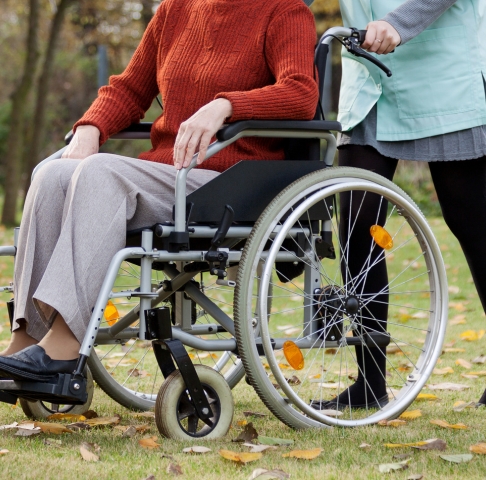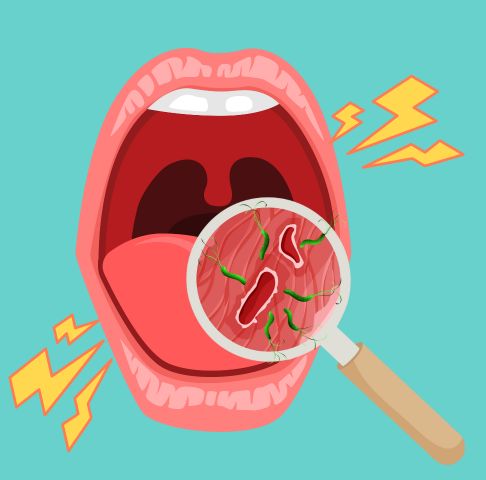Although the worst of the Covid-19 pandemic is behind us, stress and anxiety levels in Singapore continue to be worrying. We all need to pay more attention to our mental health and stop seeing it as less important than the other aspects of our health, like our cardiovascular health or gastro-intestinal health. Not looking after your mental well-being can pose long-lasting negative effects on your physical health as well. This article gives you three tips you can easily follow to start prioritising your mental health.
According to the Ministry of Health’s National Population Health Survey 2022, which was released in September 2023, the percentage of 18- to 74-year-olds battling mental health issues grew from 13.4% in 2020 to 17% in 2022. Young adults aged 18 to 29 made up the segment with the highest rate of poor mental health at 25.3%. Next came the 30 to 39 age group at 19.4% while the oldest cohort aged 60 to 74 saw a lower prevalence at 10.5%. The survey also found that there were more women (18.6%) than men (15.2%) with poor mental health.
However, for some, it remains taboo to acknowledge their struggles with mental health, and there are some who may be unaware that they are experiencing signs of mental health distress, says Dr Cheryl Loh, Chief & Senior Consultant, Department of Psychological Medicine, Changi General Hospital. The seriousness of addressing mental health issues, she explains, is why Singaporeans should work towards plugging their knowledge gaps and making mental health a priority.
Mental illnesses do not get better on their own
One possible reason that Singaporeans do not prioritise mental health, Dr Loh believes, is simply a lack of knowledge and awareness about common symptoms. Some might think of mental health problems as normal reactions to the problems they are facing. “Many people are unaware that symptoms like headaches and poor appetite may indicate early signs of a mental health condition. However, even for those who are aware of their mental health issues, sharing such personal thoughts and feelings may invoke feelings of inadequacy and failure, which many people would rather avoid.
This can be risky, says Dr Loh: “A mental health disorder does not get better on its own. There are many negative ramifications if treatment is delayed or avoided entirely. Not only will the illness get progressively worse over time, but it can also lead to other problems like chronic physical pains, deterioration of personal relationships, reliance on drugs and alcohol, and suicidal acts.”
Getting ahead of mental illness
The first step to battling mental illness is identifying its symptoms, says Dr Loh. “Some symptoms of common mental illnesses like anxiety and depression are more persistent and can affect multiple areas of a person’s life. We should be concerned when we experience or notice (in others) constant sadness over weeks and months, the inability to feel enjoyment in the things we used to like, feelings of guilt, self-blame and hopelessness. Those with severe anxiety disorders may have panic attacks that are marked by heart palpitations, breathlessness, tremors, and avoidance of feared situations.”
In addition to learning more about symptoms and warning signs, Dr Loh shares three simple tips that can help Singaporeans prioritise and protect their mental health:
Tip #1: Make better physical and lifestyle choices
Physical health and mental health are closely related. When your physical health is better, you will feel more energised, and less likely to suffer from bodily aches and pains. You can start by being more physically active and making small changes to your lifestyle. For example, brisk walking for 30 minutes, a few times in the week can be a great way to start. You can also make healthier food choices. This does not mean you need to start on a special diet. Instead, you can start modifying your current diet, like choosing to consume less sugary drinks and processed foods. Once you feel good about making these small changes and start to see the difference they are making to your health, you will feel more empowered to keep going and effect bigger changes.
Tip #2: Find a relaxing activity
There is no one-size-fits-all when it comes to finding a relaxing activity but everybody needs one. It can be reading a book, baking a cake or a game of tennis. It should be something that you have easy access to and feel comfortable doing, whether alone or in a group. Schedule this activity into your regular routine and prioritise it as you would prioritise your work and important errands. When you are having a busy day with a long list of tasks to complete, it is easy to rush along and skip the break. By scheduling a time for a relaxing activity and taking an enforced break, it provides a reprieve from the cycle of everyday stresses that you might be facing. The feeling of pleasure and relaxation that you get from the break can serve as a reminder for you to take a balanced view of work. It can also be an opportunity for you to explore other interests and utilise your skills.
Tip #3: Don’t be afraid to ask for help
When you are feeling sad or anxious, you might not be comfortable sharing these feelings with others or you might think that it can be viewed as an admission of weakness. However, you will find that quite often, family and friends would have noticed that something is not quite well with you and that they are ready to help, if you allow them to. By being brave enough to talk about your feelings, it might also encourage others to share what they are going through. Seeking professional help can also be an option.








